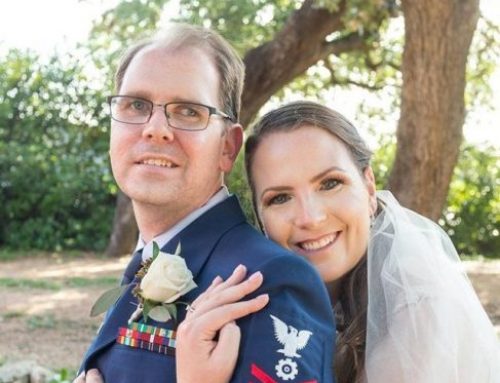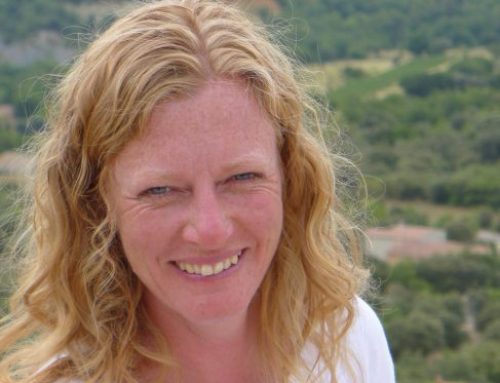 Shea Johnson was a rising star at the Santa Cruz County Sheriff’s Office in 2014. At 40 years old, the lieutenant had nearly 20 years of service under her badge and she was aspiring to promote to chief deputy. She was also unknowingly challenging death. Blood was leaking from a tear in Shea’s carotid artery wall. Known as carotid artery dissection, the condition can lead to stroke if a clot forms near the tear restricting or blocking blood flow to the brain.
Shea Johnson was a rising star at the Santa Cruz County Sheriff’s Office in 2014. At 40 years old, the lieutenant had nearly 20 years of service under her badge and she was aspiring to promote to chief deputy. She was also unknowingly challenging death. Blood was leaking from a tear in Shea’s carotid artery wall. Known as carotid artery dissection, the condition can lead to stroke if a clot forms near the tear restricting or blocking blood flow to the brain.
Headaches, exhaustion, and an unusual instance of weakness were Shea’s initial signs that something was wrong. She consulted her doctor when a nagging headache failed to subside after over a week and agreed to wait another week to see if symptoms would improve. Prior to the headaches, Shea felt unusually lethargic after a run and had difficulty holding her car keys and opening the car door. “I thought I had a pinched nerve,” she says.
Symptoms progressed a week later. Shea couldn’t figure out how to rinse her hair in the shower or turn off the water. Her cell phone password eluded her. She spoke in garbled speech and says that she felt generally strange. Shea then did what too many people do in her situation. She tried to sleep it off rather than call 9-1-1 immediately. Still experiencing odd sensations the next day, Shea walked alone two miles to the hospital. This fit, young woman with normal blood pressure and no family history of stroke was unable to speak or write her name upon arrival to the emergency room.
“I suffered a severe stroke because I did not go to the hospital right away,” says Shea. Her doctors advised against brain surgery due to extreme risk factors and she was outside the 6-hour treatment window for receiving the clot-busting drug tPA. “The damage was done,” she says. Shea suffered from aphasia which affected her speech and the ability to read and write. However, with time and intensive speech therapy, Shea’s language has since returned to normal.
As a survivor who narrowly escaped stroke’s worst outcome, Shea is adamant when she cautions people to seek help immediately. “If you don’t get help, it could make the situation worse or you could be dead.” Call 9-1-1 at the first sign of stroke. Time is brain.



